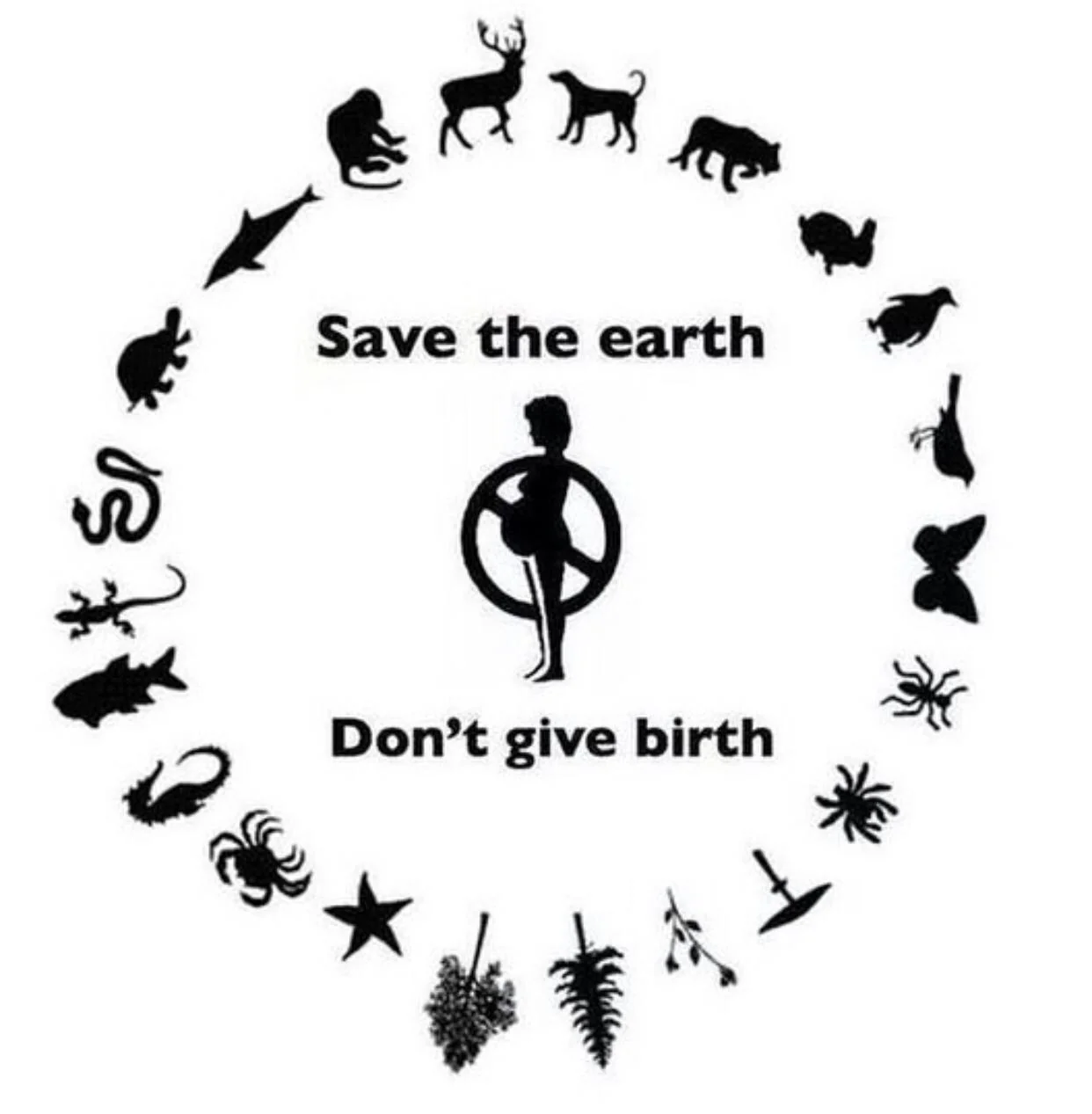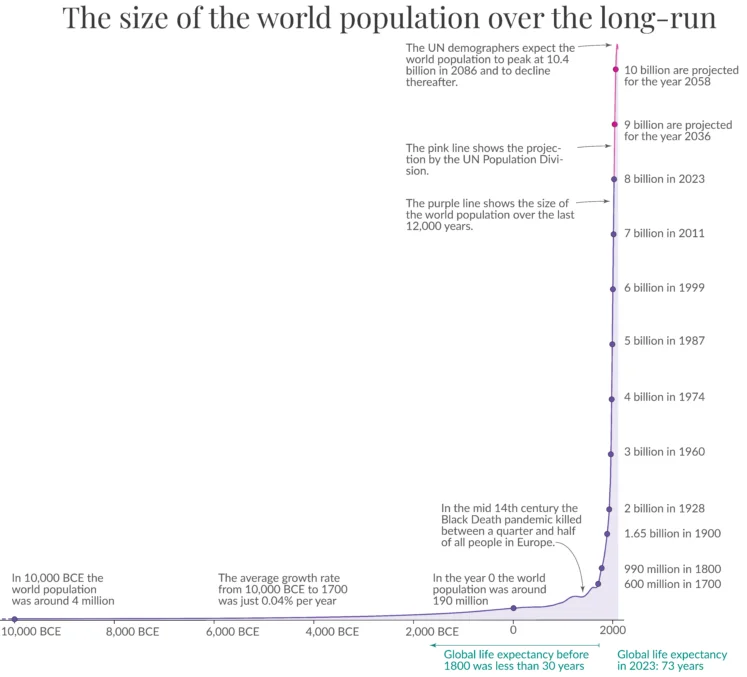Individual Climate Action
248 readers
1 users here now
Discuss actions that we can directly take as individuals to reduce environmental harm.
related communities (decentralized only)
somewhat closely related to individual action:
- !vegan@slrpnk.net - Chatter on reducing GHG by way of reducing consumption of animal products (not necessarily environment-specific)
- !vegan@lemmy.blahaj.zone
- !veganism@sopuli.xyz
- !vegan@hexbear.net - Another vegan community, but apparently unreachable from slrpnk.net
- !activist_investing@lemmy.whynotdrs.org
- !nolawns@slrpnk.net - Landscaping in diverse low-waste ways
- !buyitforlife@slrpnk.net - Buy stuff that lasts a long time, if you must buy something
- !buyitforlife@discuss.tchncs.de - Buy stuff that lasts a long time, if you must buy something
- !fixing@slrpnk.net - fix it, don’t replace it
- !fixit@disflux.org
- !righttorepair@midwest.social - exercise your right to fix stuff
- !right2repair@discuss.tchncs.de - exercise your right to fix stuff
- !sustainabletech@lemmy.sdf.org - sustainable technology
- !permacomputing@lemmy.sdf.org - To discuss computing that’s not resource intensive
- !permacomputing@slrpnk.net - To discuss computing that’s not resource intensive
- !zerowaste@slrpnk.net - To discuss waste avoidance
- !anticonsumption@sopuli.xyz
- !solarpunktravel@slrpnk.net - sustainable travel, if you must travel
less closely related to individual action:
- !collapse@slrpnk.net
- !collapse@sopuli.xyz
- !energy@slrpnk.net - For chatter specifically related to green energy
- !degrowth@slrpnk.net - Economics of reducing excessive consumption
- !cdr@slrpnk.net - Discuss CO₂ removal
- !treehuggers@slrpnk.net - Discuss forestation and reforestation
- !reclamation@slrpnk.net - Discuss reclaiming disturbed lands
- ~~!climate@slrpnk.net~~ ← ⚠ moderator locked a civil, on-topic, science-supported post without cause (see “The core of the climate social problem: stubbornness. The mitigating effect of psilocybin is worth a look” in the modlog)
- !climate@lemmy.stad.social
- !climate_lm@slrpnk.net ← climate change discussion without excessive moderation
founded 2 years ago
MODERATORS
2
3
4
6
7
8
3
Rotting food, rising heat: How Michigan’s landfills help drive methane pollution
(planetdetroit.org)
9
10
11
12
13
14
15
16
17
18
17
Eating Meat Is Bad for Climate Change, and Here Are All the Studies That Prove It
(sentientmedia.org)
19
20
21
22
23
24
25
view more: next ›

